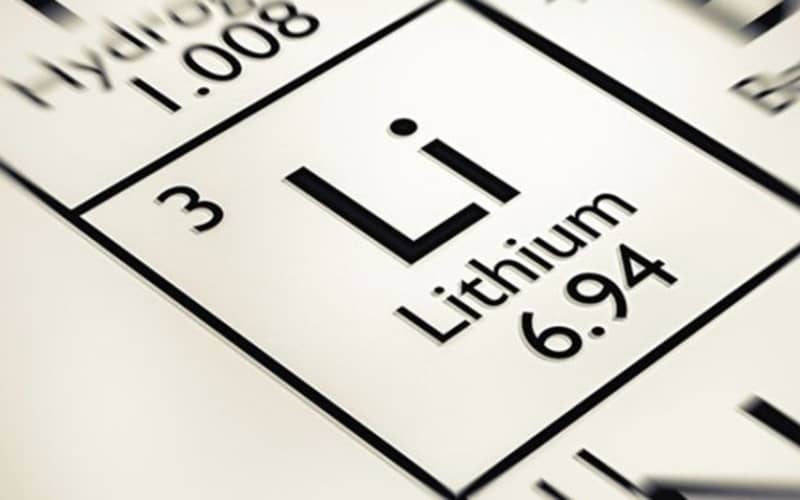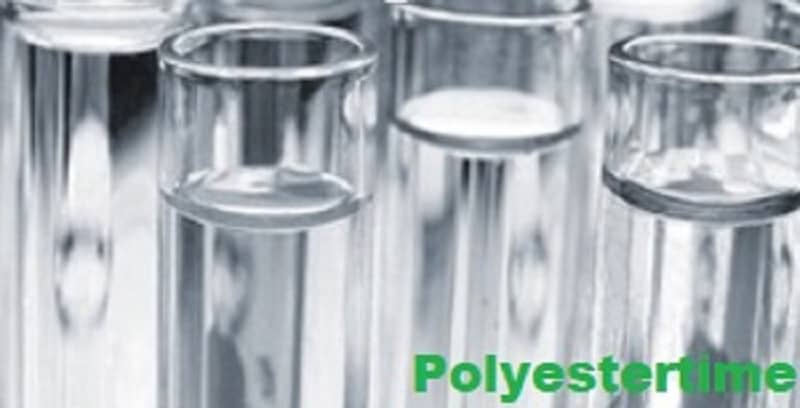Gasification-of-tires – Lummus Technology has announced a significant investment in Resynergi, a trailblazer in plastic recycling technology 13-01-2024
Gasification-of-tires
Lummus Technology has announced a significant investment in Resynergi, a trailblazer in plastic recycling technology
This strategic move aims to amplify the production of Resynergi’s groundbreaking Continuous Microwave Assisted Pyrolysis (CMAP) technology, as reported by Hydrocarbonprocessing.
CMAP sets itself apart by converting plastic waste into reusable materials at a rate 20 times faster than conventional pyrolysis methods. To further strengthen this collaboration, Leon de Bruyn, President and Chief Executive Officer of Lummus, will assume a position on Resynergi’s board of directors. Gasification-of-tires
According to Leon de Bruyn, “Lummus is not only injecting funds into Resynergi; we are forging a partnership with genuine innovators to create and expand sustainable solutions that drive progress in the circular economy. By combining our extensive global licensing expertise with Resynergi’s proven CMAP technology, we aim to expedite the transformation of plastic waste into high-quality, reusable materials.”
He expressed anticipation about working closely with Resynergi’s team and board of directors to contribute to reducing the carbon footprint of traditional plastics production, meeting the rising demand for recycled plastics. Brian Bauer, Chief Executive Officer of Resynergi, emphasized the positive impact of Lummus’ investment and global licensing expertise, envisioning a collaborative effort to diminish reliance on fossil fuels by addressing plastic waste and advancing plastic circularity.
Given the projected 70% growth in plastic waste by 2050, Resynergi’s modular CMAP technology is well-positioned to scale waste conversion, generating favorable social and environmental outcomes. Gasification-of-tires
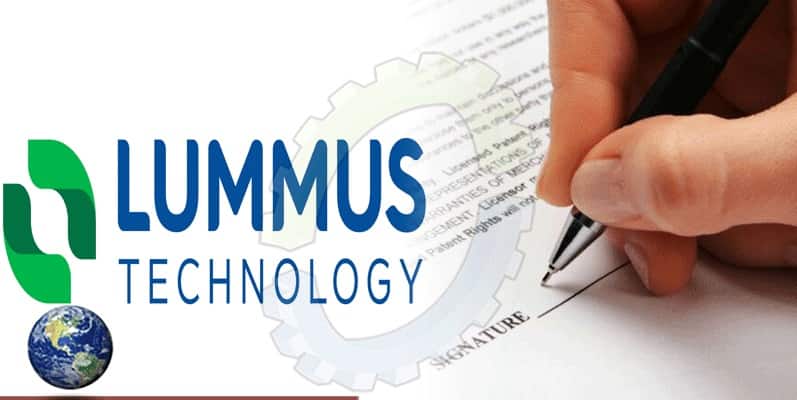
As the world’s largest licensor of polyolefin technologies, LyondellBasell recently announced a significant licensing agreement with China Coal Shaanxi Yulin Energy & Chemical Co., Ltd. (China Coal Shaanxi)
The Chinese company has chosen LyondellBasell’s cutting-edge technologies—Spherizone, Hostalen Advanced Cascade Process (Hostalen ACP), and Lupotech T—for their upcoming chemical complex in Yulin City, Shaanxi Province, P.R. China.
Under this agreement, LyondellBasell’s Spherizone technology will be employed in a 300 KTA polypropylene plant, while the Hostalen ACP high-density polyethylene plant will have a capacity of 300 KTA. Additionally, a 250 KTA Lupotech T vinyl acetate copolymer plant will be part of the new facility. The selection of these advanced technologies reflects China Coal Shaanxi’s commitment to achieving ambitious growth targets in both production expansion and delivering differentiated resins to the polyolefin market in China and beyond. Gasification-of-tires
Patrik Schneider, Director of Licensing at LyondellBasell, emphasized the significance of licensing superior and distinctive technology in a highly competitive landscape. Mr. Zhou Yongtao, Vice General Manager and Chief Project Director of China Coal Shaanxi, expressed the value of obtaining a license and related know-how, citing the acceleration of learning and reduction of complexity. He highlighted the importance of the Spherizone process’s differentiated polypropylene grades and the durable infrastructure resins from Hostalen ACP and Lupotech T for their portfolio development.
The Spherizone process, with its multi-zone circulating reactor (MZCR), allows for the production of polypropylene products with novel architecture and enhanced properties. The Hostalen ACP process technology is known for manufacturing high-performance, multi-modal HDPE resins, while the Lupotech T process is preferred for LDPE/EVA production due to its high conversion rates and energy efficiency.
LyondellBasell’s portfolio also includes Spheripol, Avant, and other polyolefin process and catalyst technologies. New licensees can opt to join the LyondellBasell Technical Service Program, benefiting from continuous production improvement, sustainable product development, and catalyst expertise. Gasification-of-tires
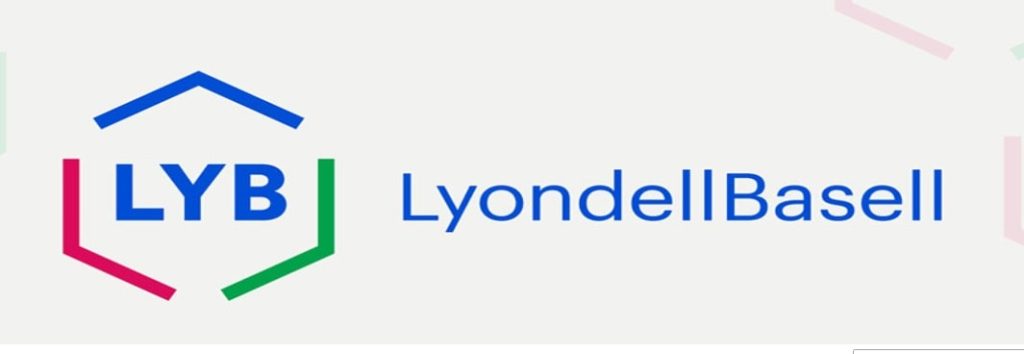
New paper-based packaging solution from SEE® can reduce plastic usage
SEE® has introduced a groundbreaking paper-based bottom web, the CRYOVAC® brand Barrier Formable Paper, as an innovative solution to address the growing need to reduce plastic consumption in packaging. Comprising 90% FSC® certified fibers, this new packaging material offers an impressive 77% reduction in plastic usage in bottom web packaging when replacing traditional PET/PE webs. Gasification-of-tires
Aldo Galbusera, Senior Marketing Manager, Europe at SEE®, emphasized the industry’s shift towards sustainable packaging to meet circularity goals and consumer preferences for paper-based options. The Barrier Formable Paper is designed for compatibility with Vacuum Skin Packaging (VSP) and Modified Atmosphere Packaging (MAP) top webs, catering to various packaging needs for fresh and processed meats, fish, seafood, cheese, and alternative proteins.
This innovative solution delivers on the renowned CRYOVAC® brand’s commitment to superior barrier protection, ensuring prolonged freshness, extended shelf life, and reduced environmental impact through minimized spoilage and waste. Aldo at SEE® highlighted the packaging’s appeal to sustainability-conscious consumers, featuring leak-proof seals for improved presentation and maintaining product quality. Gasification-of-tires
The CRYOVAC® brand Barrier Formable Paper is available in white and kraft colors, compatible with CRYOVAC® brand Darfresh® vacuum skin films, and designed for easy integration with rollstock, thermoforming, and VSP equipment. Boasting a composition of 90% renewable fibers and 10% plastic, this bottom web can be recycled with paper, aligning with environmental responsibility standards such as Aticelca® 501 UNI 11743. The product’s attributes, including ease of opening and enhanced product aesthetics, aim to meet consumer demands for both sustainability and convenience.

City of Youngstown, Ohio, Adopts Moratorium on Pyrolysis and Gasification of Tires, Plastic, and Electronic Waste
Threats to Environmental Justice and Human Health Should Prevent Construction of SOBE Pyrolysis Facility
The city of Youngstown, Ohio, has adopted a one-year moratorium on pyrolysis or gasification or combustion of tires, chipped tires, plastics, and electronic waste in the city of Youngstown, Ohio. The city council voted unanimously on December 20, 2023; Mayor Jamael Tito Brown signed the bill on December 26, 2023; and it went into effect immediately on December 26, 2023. Gasification-of-tires
The new local law establishes a moratorium on the construction and operation of any facility that converts — or attempts to convert — plastics, tire derived chips, tire chips, and/or electronic waste into fuel or feedstock through various conversion processes, including pyrolysis or gasification, for one year. The local law declared an emergency measure for the immediate preservation of the public peace, welfare, and safety.
“The moratorium on waste pyrolysis and gasification passed unanimously by the Youngstown City Council sends a strong message, echoing the concerns of Youngstown residents who are opposed to the proposed SOBE project.
The safety and environmental risks of waste pyrolysis are particularly troubling, and the facility’s proposed location adjacent to our downtown and vulnerable neighborhoods is not in alignment with our city’s comprehensive plan,” said Tom Hetrick, president of Youngstown City Council. Gasification-of-tires
“The 12-month moratorium gives the council the necessary time to evaluate safety concerns, analyze zoning issues, gather additional public input, prioritize environmental justice, and fully exercise the City of Youngstown’s local control over land-use decisions within city limits in order to protect the health, safety, and well-being of our residents.”
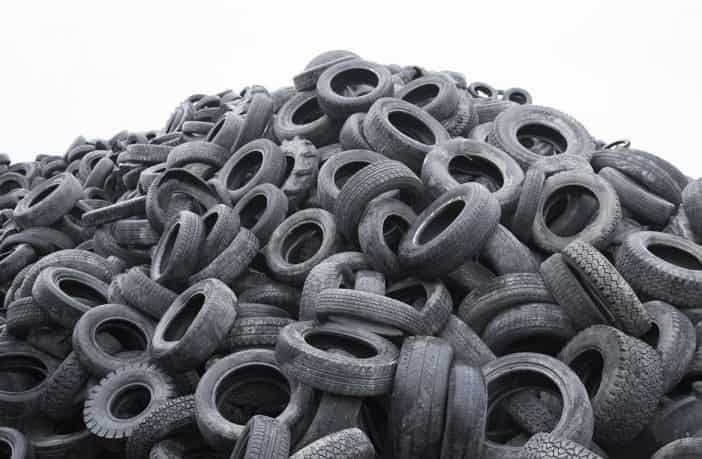
New Technology Enables Recycling of Used Clothes
When you go running in the woods in your running tights, elastane is the reason they fit you so comfortably. Elastane is an elastic material that allows the fabric to stretch and adapt to your body.
But when elastane fibres are mixed with cotton, wool, nylon or other fibres, as is the case in many clothes today, the clothes become almost impossible to recycle. It is extremely difficult to separate out the different fibres, and therefore the materials in the clothes cannot be recycled. Gasification-of-tires
For this reason, clothes and other textiles are among the materials that we are the worst at recycling. Only about six per cent of clothes thrown away by Danish households are recycled. In comparison, 32 per cent of all plastic packaging is recycled in Denmark.
But this may change, says Assistant Professor Steffan Kvist Kristensen from the Interdisciplinary Nanoscience Center at Aarhus University. Together with a number of colleagues, he is behind a new technology that can separate out fibres in mixed fabrics.
“We’ve developed a method to remove elastane completely from nylon. We’re not quite there yet with cotton, because some of the cotton fibres are broken down in the process.
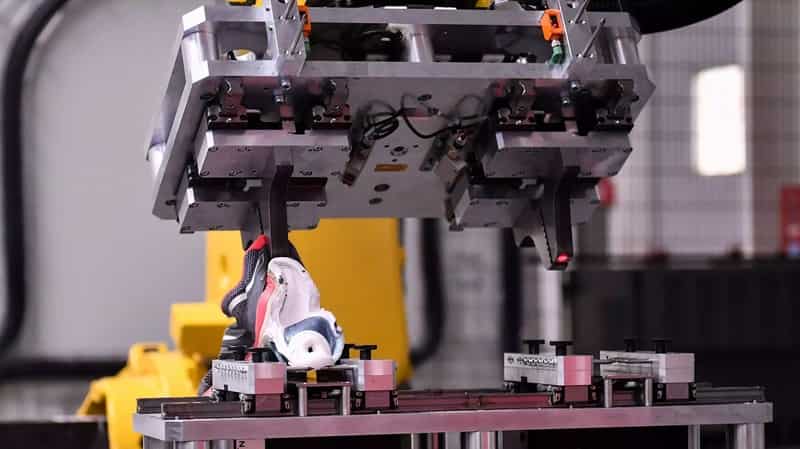
Gasification-of-tires

